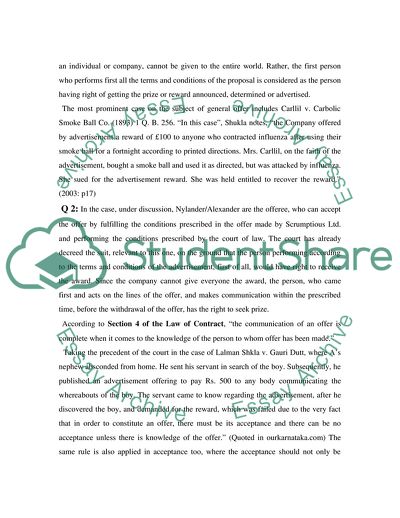Cite this document
(Common Law: The Law of Contract and Unilateral Contract Assignment, n.d.)
Common Law: The Law of Contract and Unilateral Contract Assignment. https://studentshare.org/law/1718346-common-law
Common Law: The Law of Contract and Unilateral Contract Assignment. https://studentshare.org/law/1718346-common-law
(Common Law: The Law of Contract and Unilateral Contract Assignment)
Common Law: The Law of Contract and Unilateral Contract Assignment. https://studentshare.org/law/1718346-common-law.
Common Law: The Law of Contract and Unilateral Contract Assignment. https://studentshare.org/law/1718346-common-law.
“Common Law: The Law of Contract and Unilateral Contract Assignment”. https://studentshare.org/law/1718346-common-law.


